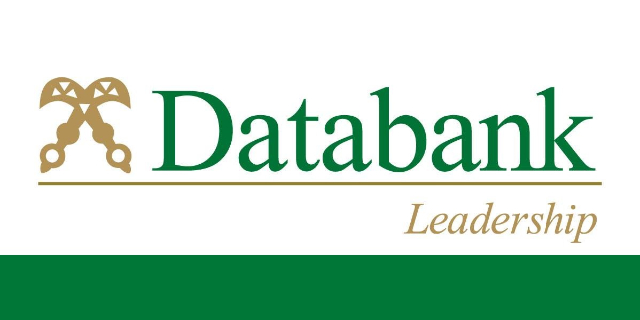Economist with Databank Courage Martey says a reversal of the COVID-19 related interventions which were introduced by the Bank of Ghana at the start of the pandemic, will go a long way to reduce the rising inflation rate in the country.
According to him, the raft of measures introduced to contain the impact of the COVID-19 on the Ghanaian economy have largely served their purpose.
In addition to reducing the policy rate from 16% to 14.5% in March 2020, the Central Bank also reduced the Primary Reserve Requirement for banks from 10% to 8%, and the Capital Conservation Buffer for banks from 3.0% to 1.5%, to provide more liquidity to banks to support critical sectors of the economy.
The Bank of Ghana at the time also agreed with banks and mobile money operators on measures to facilitate more efficient payments and promote digital forms of payments, subject to review, effective March 20, 2020.
Over a year after the interventions were introduced, many still remain, and according to economist Courage Martey, they are contributing to the rising rate of inflation.
With the September inflation rate standing 10.6% Mr. Martey believes, inflation will continue to hover above 10 percent if the Central Bank does not act now.
“A very important point that must be noted is that in the recent MPC meeting, for the first time, the MPC indicated that it would leave the COVID related monetary support for now and what it tells me is that, it is only a matter of time before they start rolling back or scaling back the COVID related interventions. So if inflation continues above the upper band as we have it right now towards the end of the year, we could start to see the central bank, scaling back the COVID related interventions and leaving the policy rate hikes for the longer-term outlook.”
“But immediately what I think could be done, would be to start looking at scaling back, the COVID related intervention,” he added.







